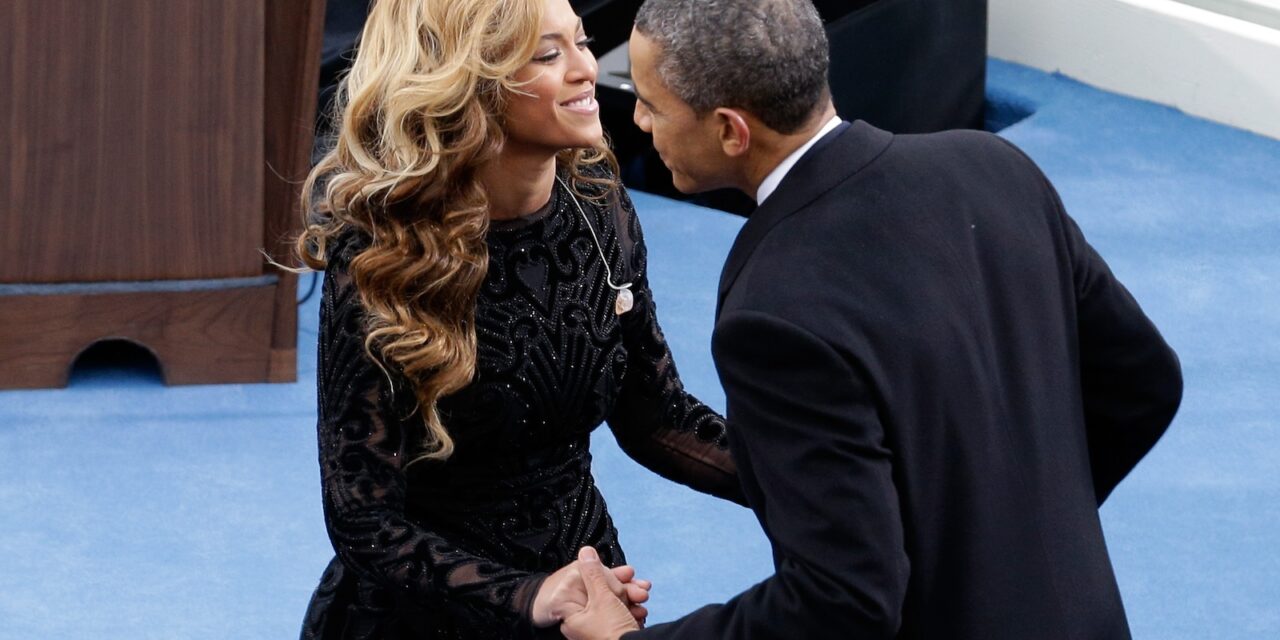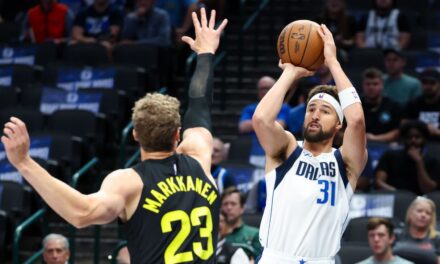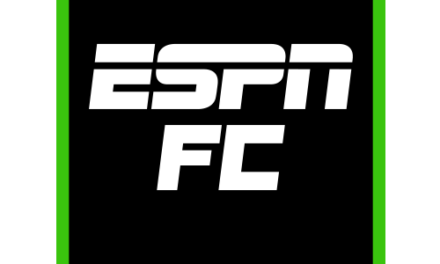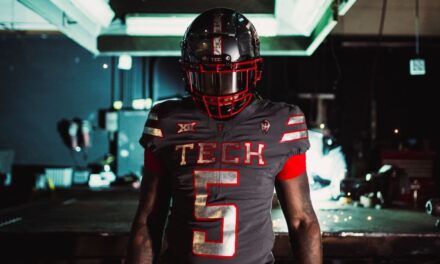
In today’s world, politicians and activists undeniably shape our society through lawmaking and leadership. However, their influence often pales in comparison to the visibility and reach wielded by celebrities, especially musicians, over their fanbase. Politicians are acutely aware of this and frequently seek to harness the power of these famous supporters to drive voter turnout and boost campaign donations. But with the shifting landscape of celebrity culture and a more informed younger electorate, the question arises: do celebrity endorsements still impact politics?
In 2007, Oprah Winfrey began actively campaigning for a young Black senator from Chicago—Barack Obama, who would go on to become the 44th President of the United States. Her endorsement played a critical role in garnering support and media attention, helping Obama secure the Democratic nomination against political heavyweights like Senator Joe Biden and Senator Hillary Clinton. Following Oprah’s lead, superstars like Jay-Z, Beyoncé, 50 Cent and Nas joined in, donating and fundraising for America’s first Black president. While many voters were drawn to Obama’s message of hope, the awareness generated by these celebrity endorsements provided his campaign with invaluable exposure.
Many assumed the goodwill that was generated by Obama’s presidency would be grandfathered into Hillary Clinton’s 2016 presidential campaign. That would not be the case. Many Black musicians were notably quieter during the Democratic primaries, with Katy Perry being one of her most vocal supporters. Clinton’s messaging to Black voters was sometimes off base, at best, with a visit to Power 105.1’s The Breakfast Club birthing the famous “hot sauce in my purse” soundbite.
Ultimately, Jay-Z would headline a campaign concert for Clinton, backed by performances from Beyoncé, Chance the Rapper, Big Sean and more. The concert likely made very little impact as it occurred one week before the election, and many had likely already made their decision. The endorsements were seen as surface-level alignments rather than true support.
Most voters consider what will directly impact them when heading into a ballot booth. However, the media buzz post endorsement can shift public perception. When Kanye West endorsed former President Donald Trump, it sent a shockwave through the entire music industry. Trump was widely seen as a racist and misogynist, and despite his polarizing perception in 2016, those attributes weren’t associated with West at the time. That opened the floodgates of hip-hop artists endorsing the former president. Kodak Black and Lil Wayne would later endorse Trump in the lead-up to the 2020 presidential election. Both musicians would receive pardons from Trump before his acrimonious exit from the Oval Office.
Fast-forward to 2024, much smaller rappers, such as Icewear Vezzo, Sheff G and Sleepy Hallow, continue to endorse the former twice-impeached president. The much quieter reaction to these endorsements (and the general lack of star power of said musicians) could be a result of more informed voters and exhaustion of celebrity alignments vs. legit campaign messaging.
As discussions continue about the influence of celebrity voices, the debate took a new turn when calls for President Joe Biden to withdraw from the 2024 election intensified following George Clooney’s The New York Times op-ed. What was once a taboo topic quickly became the prevailing sentiment among Democrats and voters alike. When Vice President Kamala Harris subsequently took over the Democratic ticket, her first campaign ad featured Beyoncé’s “Freedom” with Kendrick Lamar, which has now become her official campaign anthem, sending the song to the top of the iTunes charts. The approved usage of the track is widely seen as an endorsement from Queen Bey herself.
While one could argue that the overall impact of celebrity endorsements has diminished, a select few top-tier celebrities still wield significant influence.




